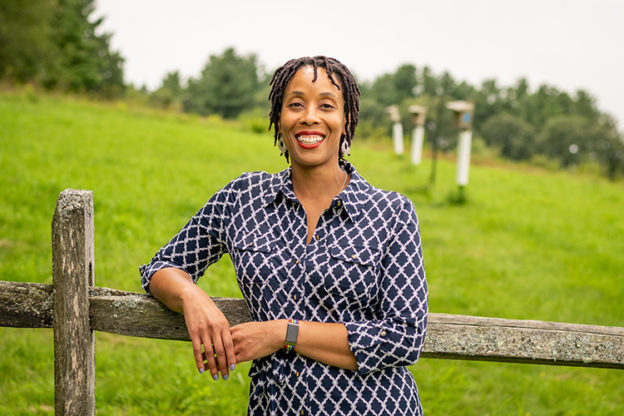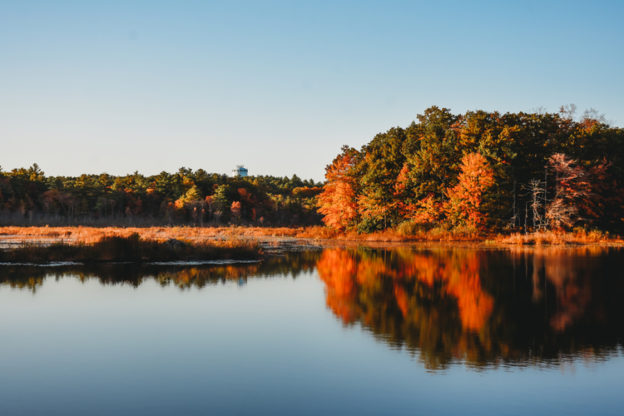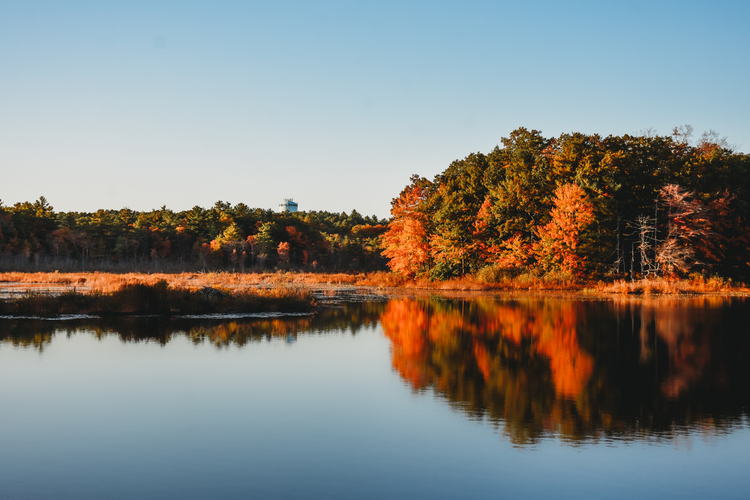Mass Audubon’s Vice President for Diversity, Equity, Inclusion, and Justice
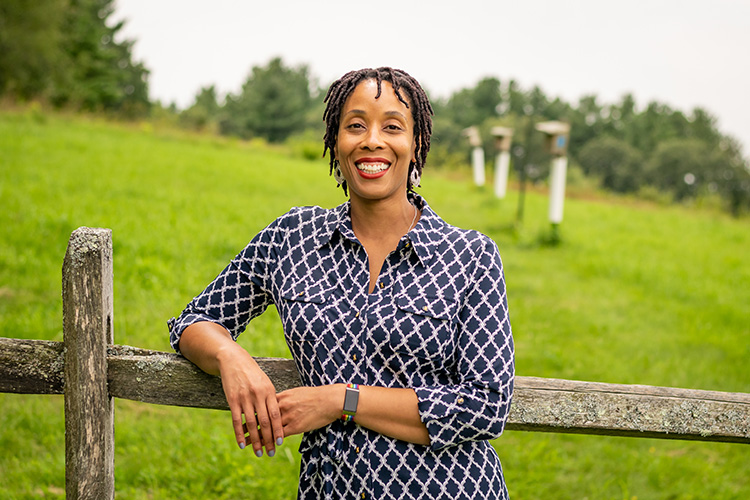
My journey with Mass Audubon has traveled a spiral path. My life and career have taken me to lots of new and exciting opportunities, but I always seem to circle back to Mass Audubon. I first became familiar with the organization in graduate school, looking for a place to conduct research. I was attending Antioch University New England for environmental studies when I stumbled across Broad Meadow Brook Wildlife Sanctuary in Worcester. I spent many hours over the course of a semester rambling through the forest, cataloging flora, and developing a fondness for the dedicated and friendly staff.
At the time, it never occurred to me that I would become an employee. As luck would have it, Mass Audubon hired me two years later as an environmental educator in the city of Lawrence. I ran programs for children and teens, led schoolyard gardening initiatives, and mentored youth leaders. When the grant cycle that funded my position came to its close, I prepared to move on in my career, thoroughly enriched by my experience with Mass Audubon.
Over the next 10 years, I specialized in science education, becoming a certified middle school science teacher and, eventually, advancing to director of professional development at the Museum of Science in Boston. Although I loved the work I was doing, I felt the need to return to my environmental justice roots. In 2020, I came back to Mass Audubon, but this time as statewide climate change education manager. It’s impossible to address climate change without also addressing the societal injustices at the root of the issue. To this end, I focused my work on climate justice, regularly engaging people in conversations about equity and access to nature. Before too long, I was asked to be a lead contributor to the development of Mass Audubon’s new Action Agenda, focusing on DEIJ initiatives and goals. In July of 2021, I was promoted to vice president for diversity, equity, inclusion, and justice.
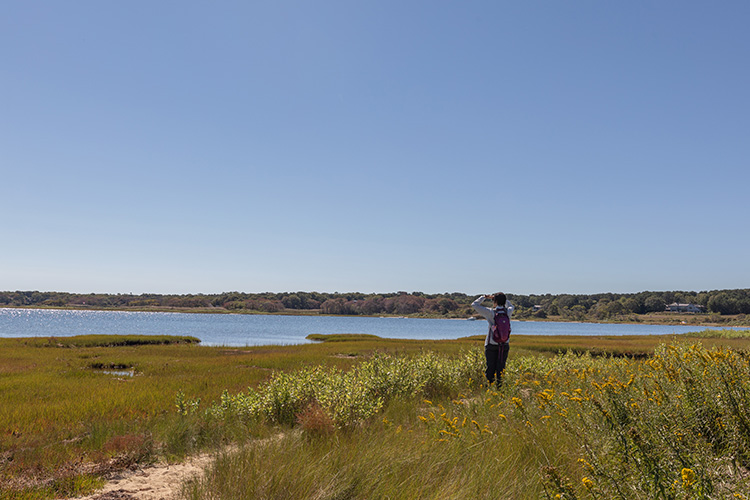
The thing I love most about Mass Audubon, and why I returned, is the people who engage in our work. From the volunteers to the board to the staff, we are surrounded by dedicated and passionate people. Every day, I get to work alongside some of the most creative and talented professionals in the field. Both my professional and personal growth have been enhanced by the relationships I’ve built with my colleagues.
The current leg of my Mass Audubon journey is a critical one, both for me and for the organization. For years, Mass Audubon has worked to address issues of diversity and inclusion, but this is the first time that this work has been elevated to an executive-level position and given such a prominent role at the heart of all our work. I’m proud of Mass Audubon’s commitment to creating a more just and equitable world for everyone and so excited to be the new VP for DEIJ.
I don’t know where the next turn of the spiral path will take me, but I hope it’s paved with equity and access to nature for all.
In Your Words is a regular feature of Mass Audubon’s Explore member newsletter. Each issue, a Mass Audubon member, volunteer, staff member, or supporter shares their story—why Mass Audubon and protecting the nature of Massachusetts matters to them. If you have a story to share about your connection to Mass Audubon, email [email protected] to be considered for In Your Words in a future issue!


